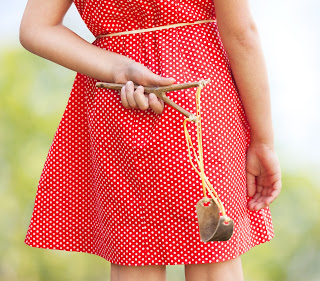Self-publishing: the MS Setup

Since self-publishing has become popular, one might wonder why people still pay big bucks for books by known authors from big publishers. The answer, I believe, is quality. With a self-pubbed book, it's hard to know if you're getting junk or a gem. For example, I once bought an e-book that sounded interesting and found the whole thing center spaced. Using a segment from my latest book, I'll show you what that looked like. “Can you tell me what happened tonight?” Nettie’s gaze met hers. “I shot him.” The abruptness of the admission shocked her, but Belizek recovered quickly. “I need to know why you shot him.” The detective tried to wait out the silence that followed. In training, they were taught to let the witness, suspect, whoever, tell the story in their own way. Silence bothers people , the instructor had claimed. Because they can’t stop themselves from filling it, they reveal things they don’t intend to. In this case, the silence went on and on, and it fel





